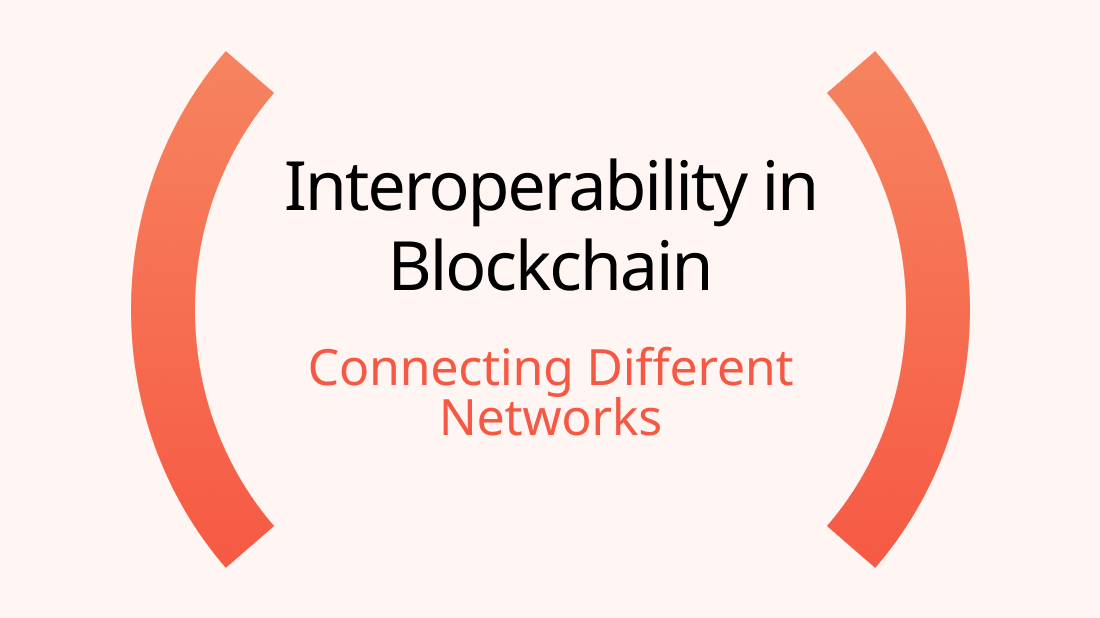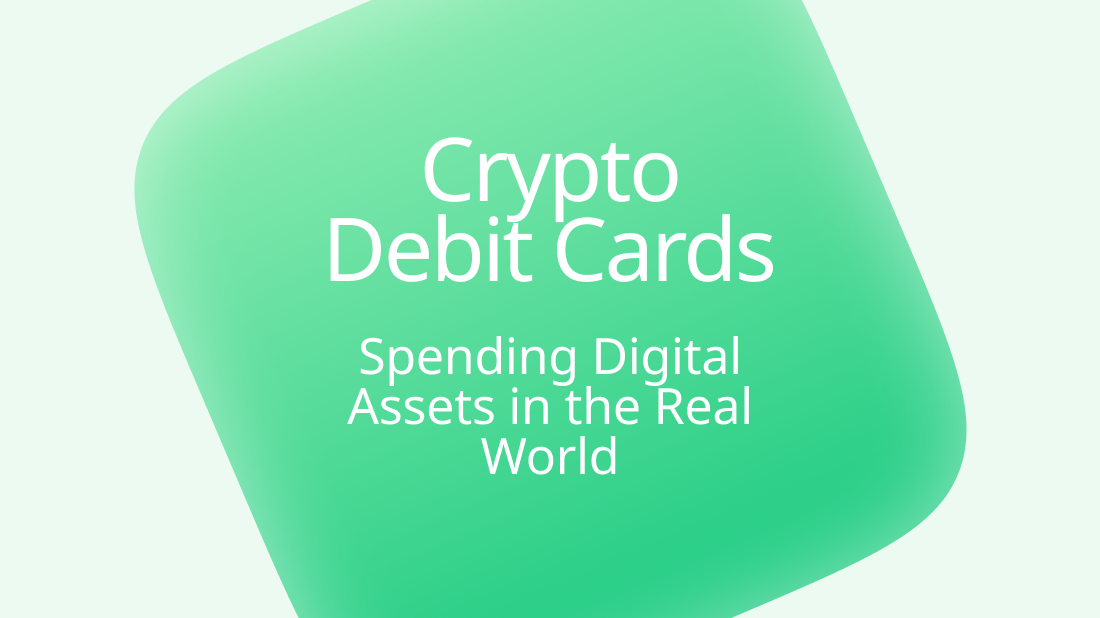Crypto Wealth Redistribution: Redefining Economic Equality

Cryptocurrency technologies have emerged as a powerful force for reshaping traditional wealth distribution models, offering new avenues for economic equality and social impact. In a world where wealth disparities continue to widen, cryptocurrencies present opportunities to democratize access to financial resources and promote inclusive finance. In this article, we'll explore how crypto wealth redistribution is redefining economic equality and driving positive social change.
The Promise of Crypto Wealth Redistribution
- Decentralization and Access
Cryptocurrencies operate on decentralized networks, removing barriers to entry and enabling individuals worldwide to participate in the global economy. By providing access to financial services such as banking, lending, and investment opportunities, cryptocurrencies empower people who have been excluded from traditional financial systems.
- Financial Inclusion
Economic inequality often stems from limited access to basic financial services among underserved populations. Cryptocurrencies offer a solution by providing alternative means of banking, payments, and savings, particularly in regions where traditional banking infrastructure is lacking. This fosters greater financial inclusion and enables individuals to build wealth on their own terms.
- Borderless Transactions
The borderless nature of cryptocurrencies facilitates seamless cross-border transactions, eliminating intermediaries and reducing transaction costs. This opens up new opportunities for remittances, trade, and investment on a global scale, empowering individuals to participate in the global economy regardless of their geographical location.
Driving Economic Equality
1. Wealth Redistribution Mechanisms:
Cryptocurrencies introduce innovative mechanisms for wealth redistribution, such as decentralized finance (DeFi) protocols, yield farming, and liquidity mining. These mechanisms enable users to earn passive income, participate in liquidity provision, and access lending and borrowing services without relying on traditional financial institutions.
2. Tokenization of Assets:
The tokenization of assets allows for the fractional ownership of real-world assets, such as real estate, artwork, and commodities. By breaking down barriers to asset ownership and enabling fractional ownership, tokenization promotes broader wealth distribution and democratizes access to investment opportunities.
3. Community Empowerment:
Crypto communities often prioritize collective ownership and governance, allowing users to participate in decision-making processes and shape the direction of projects. This community-driven approach fosters a sense of ownership and empowerment among users, driving economic equality and promoting social cohesion.
Challenges and Considerations
- Volatility and Risk
Cryptocurrency markets are known for their volatility, which can pose risks to investors, particularly those with limited financial literacy. Educating users about risk management strategies and responsible investing practices is essential to mitigate potential losses and ensure long-term wealth preservation.
- Regulatory Uncertainty
Regulatory uncertainty remains a significant challenge in the cryptocurrency space, with governments grappling to establish clear frameworks for digital asset regulation. Uncertain regulatory environments can deter institutional investors and hinder mainstream adoption, limiting the potential for widespread wealth redistribution.
- Technological Barriers
Despite the promise of cryptocurrencies, technological barriers such as network scalability, user interface complexity, and security vulnerabilities still exist. Addressing these challenges is crucial to ensure that crypto wealth redistribution initiatives are accessible and user-friendly for individuals of all backgrounds.
Conclusion
Crypto wealth redistribution represents a paradigm shift in the way we think about economic equality and financial empowerment. By leveraging blockchain technology, cryptocurrencies offer innovative solutions to address wealth disparities, promote financial inclusion, and drive positive social impact. As we continue to explore the potential of crypto wealth redistribution, collaboration among stakeholders, regulatory clarity, and ongoing education will be essential to unlock the full benefits of this transformative movement.












